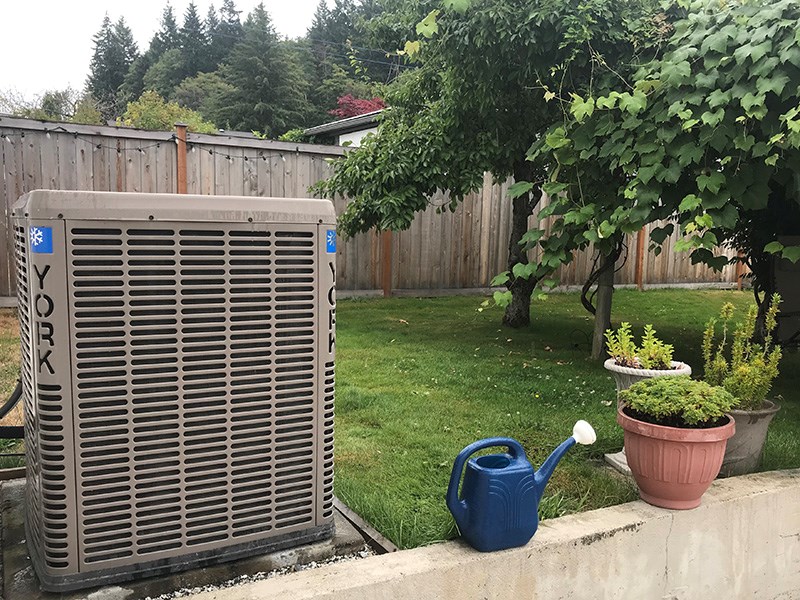Although provincial statistics are showing an increase in greenhouse gas (GHG) emissions, City of Powell River is working to make significant and lasting reductions.
The province has just released BC’s greenhouse gas emissions numbers for 2018 as part of its annual provincial inventory.
According to a media release from the provincial ministry of environment and climate change strategy, in 2018, net emissions in BC totalled 66.9 million tonnes (Mt) of carbon dioxide equivalent (CO2e), after including 1 Mt CO2e of carbon offsets from forest management projects. This represents a net increase of 3.5 Mt CO2e (six per cent) from 2007 levels, the baseline year for BC’s legislated emissions reduction targets, and a net increase of 2.6 Mt CO2e from 2017.
City councillor CaroleAnn Leishman, chair of the city’s climate change mitigation and adaptation committee, in a written submission to the Peak in response to the provincial figures, stated that local governments are on the frontlines for making a real impact in carbon emission reductions in communities.
“The province has been making great strides in collaboration and examining more ways to provide funding and incentives for local governments to be able to implement greenhouse gas emission reduction projects, but as you can see from the stats, GHG emissions are going up, so they need to go much further and much faster,” stated Leishman. “For example, local governments don’t even have accurate data provided to us on our community transportation emissions, so it’s pretty hard to even begin to quantify where we are at and how well we are doing on reducing emissions when we don’t have an accurate data set.”
Leishman stated that City of Powell River has put forward a resolution to the Association of Vancouver Island and Coastal Communities and Union of BC Municipalities conventions, asking the province to require ICBC to collect odometer readings from vehicle owners.
“This is so we have accurate data on kilometres driven each year for vehicles that are registered in our communities,” stated Leishman. “This would be a game-changer to have this data. Right now, it is a bit of a guessing game, based on vague, provincial, out-dated default data that is not even specific to our community.”
Leishman stated that council has been lobbying the province for years to change legislation to allow municipalities to provide low-interest financing to homeowners to be able to complete energy efficiency retrofits and add renewable energy options to their homes, while paying the loans back through property taxes as a local improvement charge. The loan would stay with the home if it is sold before it’s paid off.
“These types of programs are proving to be extremely effective in providing much lower cost financing options to homeowners to do these retrofits, are lowering homeowners utility costs for heating and energy use, are providing a boost to the local economy by stimulating more retrofit work and heating/domestic hot water upgrades to homes and are reducing greenhouse gas emissions from our existing building stock,” stated Leishman. “This retrofit work provides good paying jobs and these programs are seen as a win-win in Nova Scotia and Ontario, where they have been implemented.
“The province of BC still has not changed legislation to allow this type of financing program so the burden is still fully on the homeowner to come up with the financing to complete these types of retrofits. If just these two initiatives were approved by the province, we would be in a much better position to begin accurately tracking and lowering our carbon emissions in BC.”
Leishman stated one thing the city is doing now to help lower carbon emissions is providing municipal top-up rebates to homeowners wishing to upgrade their heating system or domestic hot water by transitioning from a fossil fuel-powered system to a heat pump system. The rebates are an add-on to available provincial rebates, which have been extended until March 2022, making it much more feasible to make this switch, stated Leishman.
For more information, go to powellriver.ca/pages/heatpump.



